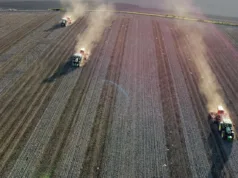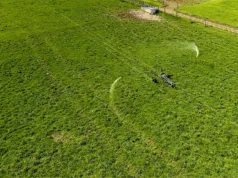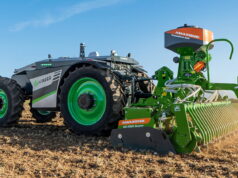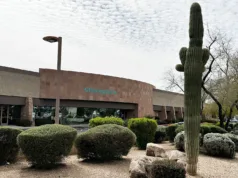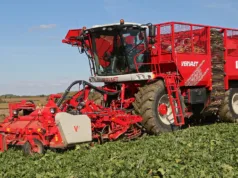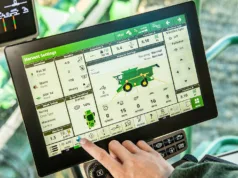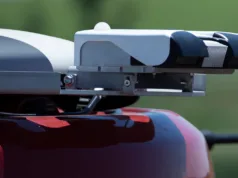
A wide range of projected profits coupled with a rise in the amount a farmer has to manage is projected for 2020 in the 50th Anniversary Edition of the John Nix Farm Management Pocketbook.
The pocketbook has taken another big leap forward this year with the addition of two completely new chapters in its just-published edition. One is a whole farm costings chapter and the other is on emissions and the environment.
In the whole-farm costings chapter, the book demonstrates that profitability will vary considerably in 2020 between sectors and between farmers. It has a series of costings showing the profit and loss of key farm systems. It includes both figures from the average performances and the better performing farmers.
“This is a big step forward,” the author of the book, Graham Redman, said, “helping users to bring all costs together with the typical outputs in certain farm systems. This will help those who do not undertake full farm costings regularly and those observing farming who want to see farm accounts through to profit and loss. It’s also useful to encourage all farmers to consider their own farming accounts.
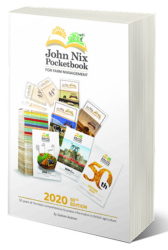 The book has also included a chapter on Environmental emissions and waste for the first time.
The book has also included a chapter on Environmental emissions and waste for the first time.
“There’s a raft of new outputs that farmers will be expected to deliver alongside traditional crops and livestock,” Mr Redman added, “alongside diversification and renewable energy projects, climate change has risen up the political agenda again. Society will soon be asking and paying farmers to provide carbon storage and sequestration services. This might be delivered through new payment schemes for public goods or through emerging private markets.”
This all provides extra opportunities for farmers to consider and variables for them to manage, so a completely new chapter in the pocketbook covering emissions, water use and farm waste has been included to help. It’s expected to grow in future editions as non-market goods become an increasingly important part of most farms’ income streams.
“In the future, providing carbon sequestration services or other public goods will become a standard part of modern farming systems,” Mr Redman said.
The book has updated for 2020, so has a commentary on Brexit. More importantly, it recognises that farming will continue however the coming months turn out, and so farmers and managers must continue to focus on what they have control over within their farming systems.
The Farm Management Pocketbook is designed to help farmers, students and other agribusiness professionals to understand their farms, the industry and the opportunities that it offers. It costs £29.00+P&P from: www.thepocketbook.co.uk.


